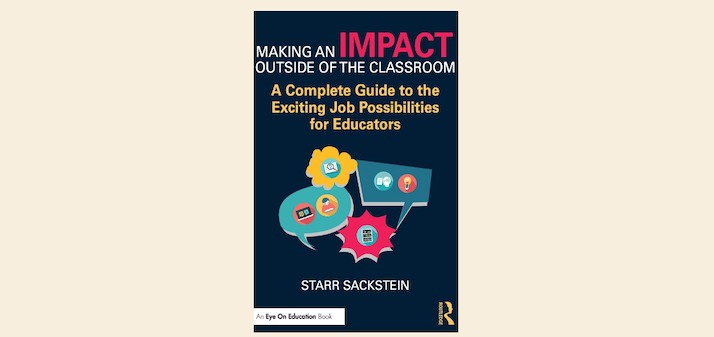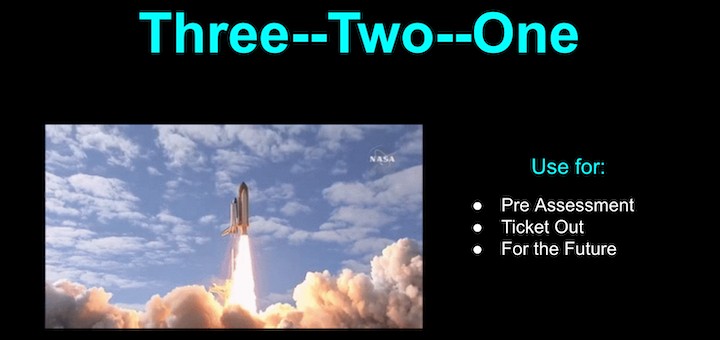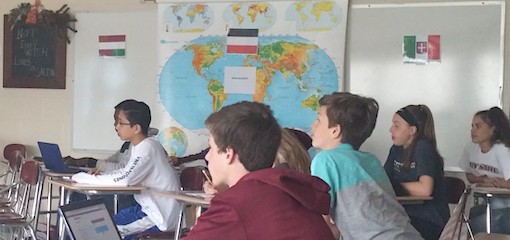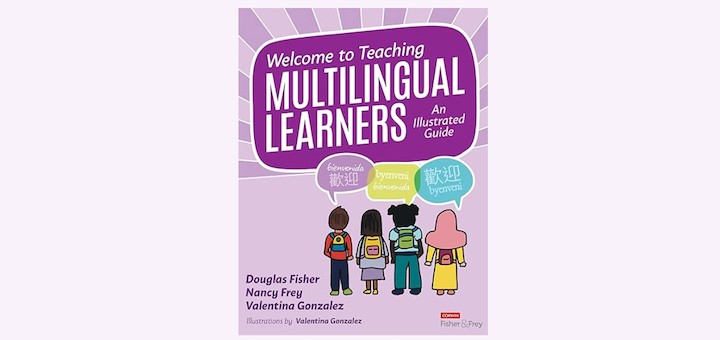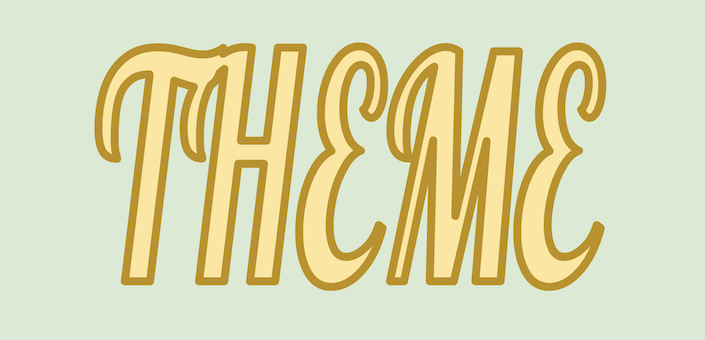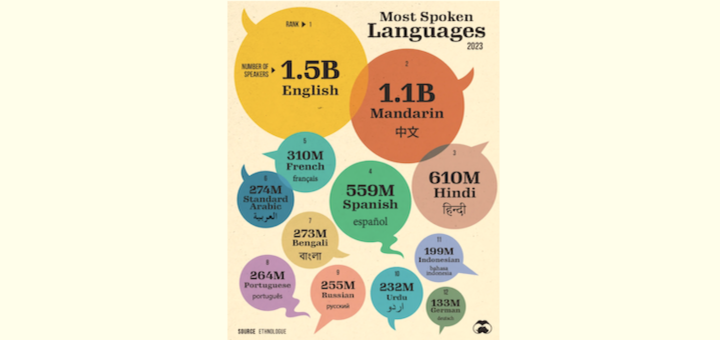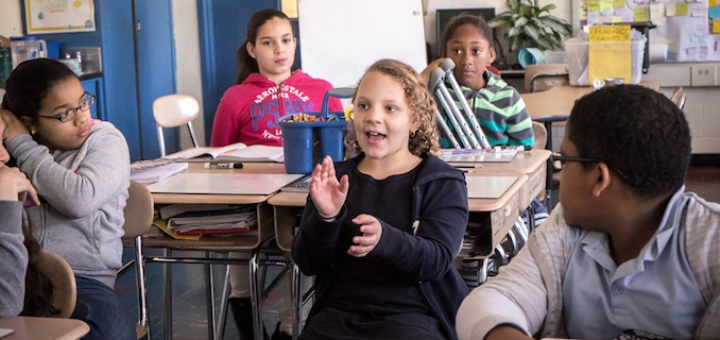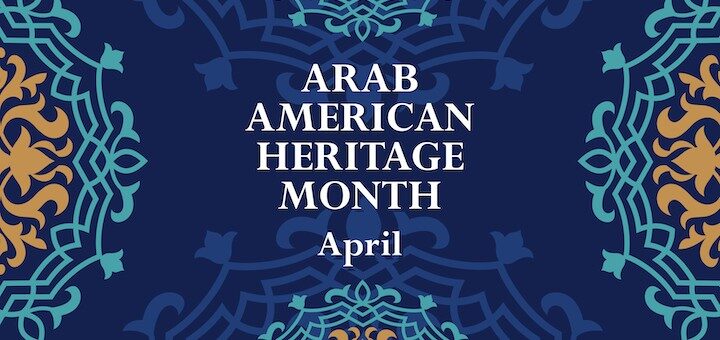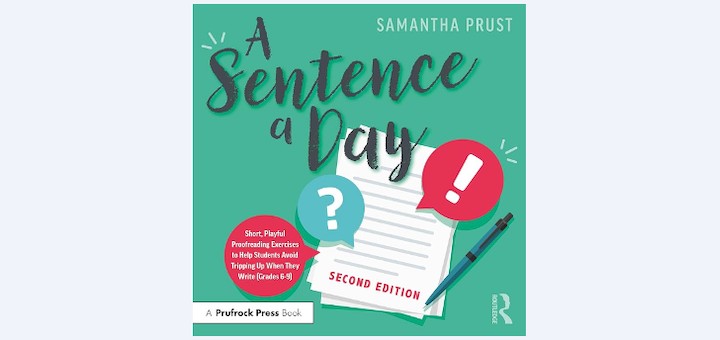Teaching and learning in grades 4-8
For over 40 years the US Congress has recognized the heritage of Asian Americans and Pacific Islanders during May. Federal agencies and nonprofits provide resources to bring the culture and history of AAPIs to the classroom. For an overview visit this MiddleWeb roundup.
After looking into the realities of teaching in general and the signposts that indicate an individual teacher may be ready to leave a current position, Starr Sackstein delves into the nitty-gritty of how to transfer existing skills and gain new ones, writes Sarah Cooper.
Instead of letting students take a nosedive into mindless games on screens when you have extra minutes at the end of the class, entice your learners with brain boosters that have them wanting to return for more. Sharon Ratliff shares several favorites with tips and examples.
Eighth grade teacher Sarah Cooper shares a class snapshot to show how much our students can understand. She believes it’s the obligation of social studies teachers (and others) to explore imperative issues of the past and present, “even when it would be infinitely easier not to.”
Through a combination of clear explanations, real-life strategies and vibrant illustrations by Valentina Gonzalez, Welcome to Teaching Multilingual Learners breaks down the task of teaching multilingual students into digestible, well-structured concepts, writes Melinda Stewart.
To boil “theme” down into a testable statement is to compress the wild, wonderful world of literature into a parking meter. This is far less than useful to our students, especially in our fraught and confusing times – and it is far less than they deserve, writes teacher Dina Strasser.
When teachers apply “translanguaging” in class, write Larry Ferlazzo and Katie Hull Sypnieski, they’re using a student’s home language as a scaffold to help them achieve English language acquisition and to learn academic content they might not be able to access yet in English.
We can build math confidence in intermediate students, writes 5th grade teacher Kathie Palmieri. It’s a gradual process that requires patience, encouragement, a supportive environment, and effective teaching strategies that break down complex concepts and foster a growth mindset.
During Arab American Heritage Month students explore the diversity within the Arab community, its members’ contributions to the United States, and the discrimination many Arab Americans have faced in the 21st century. This resource collection can help with the exploration.
A Sentence a Day is a powerful, engaging resource for writing instruction that goes beyond typical grammar and sentence-writing exercises. The 20-minute mini-lessons help students develop stronger writing skills with clarity, precision, and creativity, says Kathie Palmieri.


